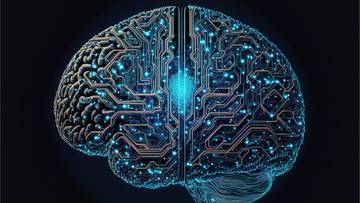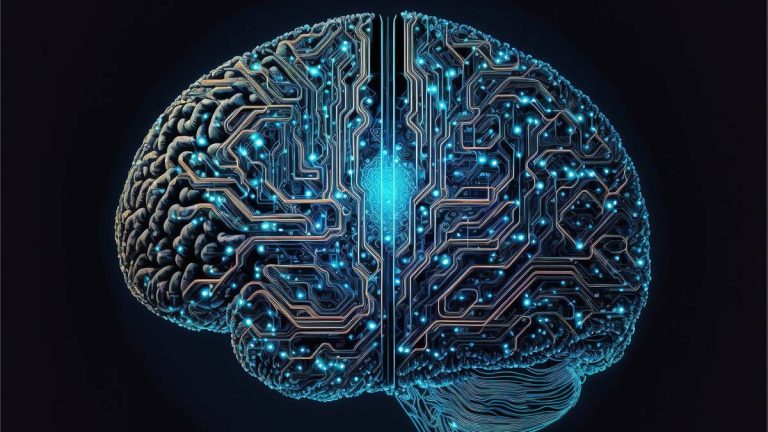
Scientists are gaining increasing evidence that the brain may age differently than the rest of the body. A study by experts in Scotland shows that the level of cognitive ability in childhood is linked to mental health in later life. The authors claim that their findings may cast doubt on current knowledge about brain aging.
Scientists at the University of Edinburgh used data from a study carried out on a group of 11-year-olds in Scotland in the 1930s and 1940s to examine the relationship between mental states early and later in life.
Thanks to a comprehensive study of cognitive abilities in children, repeated in the same older adults, we were able to discover interesting correlations between mental states early and later in life. Dr Ian Deary and Dr Simon Cox, who published their findings in the journal Genomic Psychiatry, described the findings as “interesting”.
Research has been conducted for many years. It turns out what affects brain aging
One of the most important findings was the finding that about half of the differences in intelligence test results among older adults can be related to cognitive abilities that were already observed in childhood.
Professor Ian Deary highlighted that it is possible to demonstrate a correlation going back 70 years between the same people's cognitive test results at age 11 and their later outcomes. “Just under half of the intelligence gap among older adults was already present at age 11,” he explained. This means that certain factors that influence intelligence remain constant throughout life.
See also: After the age of 35, the brain shows signs of aging. What should I pay attention to?
Other findings by Scottish researchers are equally important. First, there are significant differences in the brain aging process even among people of the same age. Furthermore, we know that people with higher levels of intelligence during childhood have a higher chance of survival. It has also been found that the influence of genes on intelligence changes at different stages of life, and its function is slightly different between childhood and old age.
How can I take care of my brain? Physical and mental activity helps
He said Cox was able to prove that what was thought to be the cause of age-related cognitive decline was actually due to differences that were already noticed. Therefore, some previous assumptions directly linking cognitive decline to age have been called into question.
In light of these results, the study authors are considering what environmental factors may influence differences in the rate at which the brain ages. The question arises whether lifestyle changes can slow down this process.
See also: Why do older people need to play games?A surprising study
Dr. Cox acknowledges that there are also lifestyle factors that can enhance our cognitive abilities and slow brain aging. As he explained in an interview with CNN, he and the professor were able to point out many small but important factors that influence this. These include:
mental and physical activity, reducing the risk of vascular diseases (hypertension, too high cholesterol, smoking, ignoring BMI), developing new skills such as learning a foreign language or playing a musical instrument. Your browser does not support video players…
Edited/polsatnews.pl
read more
Source link

